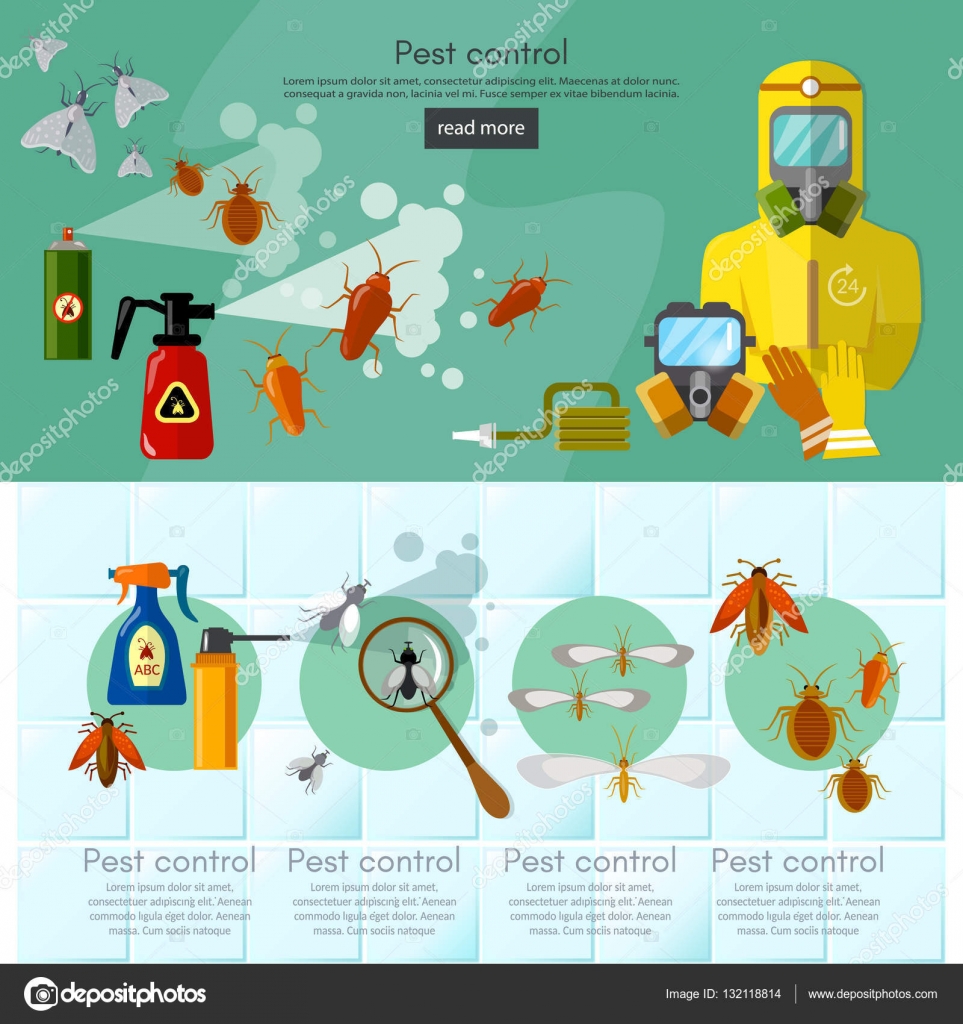Introducing The Techniques Utilized By Parasite Control Specialists Beyond The Use Of Sprays
Introducing The Techniques Utilized By Parasite Control Specialists Beyond The Use Of Sprays
Blog Article
Read Far more Written By-Winther Raahauge
Are you tired of relying exclusively on sprays to deal with insects in your house or work environment? While sprays can be effective, pest control professionals have established innovative techniques that exceed just spraying chemicals.
These strategies not just supply extra effective and long-lasting services, yet additionally focus on decreasing using harmful chemicals. By exploring these advanced techniques, you will certainly uncover a whole brand-new world of bug control approaches that are not only efficient, but additionally eco-friendly.
So, are you prepared to take your insect control game to the following level?
Integrated Pest Monitoring (IPM)
If you're trying to find an effective and environmentally-friendly approach to pest control, Integrated Bug Administration (IPM) is the service you require. IPM concentrates on lasting avoidance and monitoring of bugs, rather than just relying upon chemicals. This approach considers the specific requirements and behaviors of insects, in addition to the surrounding environment.
By utilizing a combination of strategies such as biological control, habitat adjustment, and targeted chemical use, IPM aims to minimize the reliance on chemical therapies and lessen injury to non-target microorganisms.
https://shouldiremovefatherratfro95062.blogproducer.com/31811436/expert-understanding-the-techniques-used-by-bug-control-experts-to-resolve-regularly-taking-place-insect-problems of IPM is checking and identifying pests precisely. This entails regularly inspecting and assessing the pest populace, in addition to identifying the details types existing. By understanding the biology and actions of insects, insect control experts can develop targeted methods to disrupt their life cycle and lower their numbers.
One more vital component of IPM is using non-chemical control techniques whenever feasible. This can include physical obstacles, such as setting up screens or securing splits and holes, to stop pests from entering structures. In addition, social methods, like appropriate sanitation and waste monitoring, can assist remove bug food resources and breeding grounds.
When chemicals are essential, IPM concentrates on utilizing them sensibly and as a last resource. This implies selecting the least poisonous and most efficient alternative, using it precisely and only to influenced areas, and following all safety standards. By lessening chemical use, IPM lowers the possible threats to human health and wellness and the environment.
Biological Control
To better enhance the effectiveness of Integrated Pest Administration (IPM), the next subtopic we'll explore is the approach of organic control. ant control uses all-natural predators or parasites to manage insects.
Right here are 4 vital facets of organic control:.
1. Introduction of all-natural enemies: In this technique, beneficial bugs or organisms are presented to the location ravaged with bugs. These natural adversaries take advantage of the insects, aiding to lower their population.
2. Preservation of all-natural opponents: Rather than presenting brand-new organisms, this technique focuses on creating an appropriate environment for existing beneficial pests. This can be achieved through offering food, shelter, and water resources.
3. Augmentation: Here, the variety of all-natural enemies is enhanced unnaturally by reproducing and launching them into the ravaged location. This helps to swiftly lower the pest population.
4. Push-pull technique: This technique integrates repellents and attractants to adjust the actions of pests. Repellents press pests far from crops, while attractants tempt them towards trap crops or areas where they can be quickly regulated.
Habitat Adjustment
Habitat adjustment plays an essential role in insect control by modifying the atmosphere to inhibit parasite invasions. By making changes to the physical qualities of a room, you can develop an inhospitable setting for bugs, making it harder for them to endure and flourish.
One typical approach of habitat adjustment is removing or decreasing potential food resources for parasites. This can include proper waste administration, sealing containers, and tidying up food crumbs.
Furthermore, getting rid of or minimizing locations of standing water can assist manage pests like mosquitoes.
Transforming the landscape by trimming trees and hedges away from structures can additionally stop insects from accessing your residential property.
Conclusion.
So there you have it - the sophisticated strategies made use of by parasite control specialists go beyond just splashing chemicals. Integrated Insect Administration (IPM) integrates different methods to successfully regulate bugs, while biological control utilizes all-natural enemies to maintain parasite populations in check.
Habitat modification additionally plays a vital function in preventing parasite invasions.
Did you recognize that according to a research, implementing IPM techniques reduced pesticide usage by approximately 71%? This not only protects our wellness and the atmosphere however likewise conserves money in the future.
